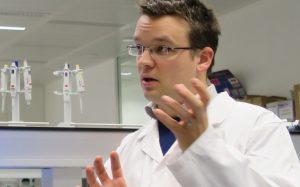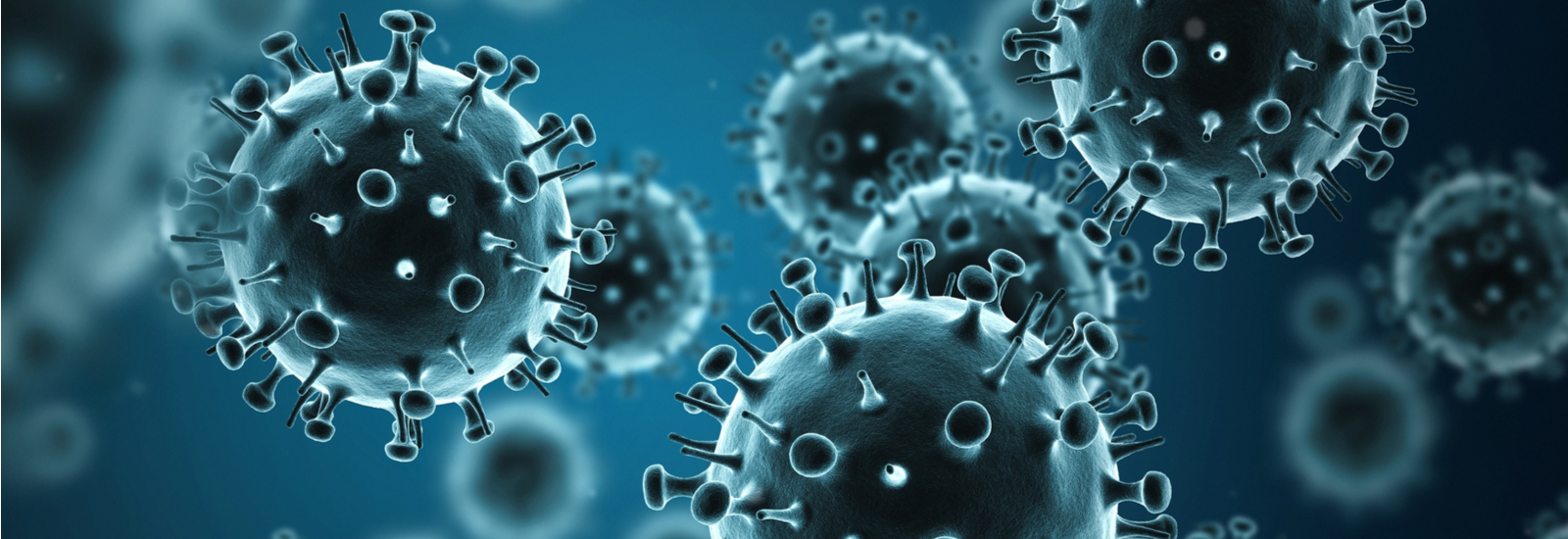Given the current crisis, there is a pressing need to develop accurate and safe COVID-19 antibody tests that can be conducted at home. And that is why, last week, the University of Reading launched its latest fundraising and volunteering campaign, to ask for your help in achieving this.
An unreliable COVID-19 antibody test could be catastrophic to an individual, but also undermines our ability to manage the virus across our communities. Therefore it is absolutely vital that any test is accurate and safe, and that people know what they need to do to effectively carry out the test at home.
This is why the University of Reading’s Dr Al Edwards is leading a research project to investigate how to improve the effectiveness of home tests – including the best ways to present test kit instructions and exploring whether live video consultations could improve accuracy. Dr Edwards will work with experts in information design from our world-leading Department of Typography, utilising expertise from the School of Pharmacy in current and future diagnostic testing technology, together with our biomedical science team’s understanding of the virology of coronaviruses, such as COVID-19.
But we need your support to make this happen.
Improving the effectiveness of COVID-19 testing
Last week CONNECTED spoke to Dr Edwards, Associate Professor in the School of Pharmacy, to find out more about what an antibody test is, and why it is vitally important to ensure they can be used safely and effectively at home in order to beat COVID-19.

He explained:
“I work at the University of Reading in the field of biomedical technology – I use science to try and find solutions to problems. COVID-19 is one of the biggest global threats of our time, and I would love to be able to use my expertise to find a solution to part of this problem.
“Antibody tests are essential to tackling COVID-19 because they detect the levels of antibodies [which is the immune system’s response to the virus], revealing whether a person has already been exposed to it.
“Antibody tests tell you about the past and you need to know about the past to predict the future. Data from antibody tests will inform our understanding about how the virus is spreading, and how different regions and parts of the world are affected, enabling us to model and respond to the outbreak accurately.
“Antibody tests are just becoming available and it would be a major advantage to be able to carry these out as home tests. Home testing would reduce the possibility of infections in healthcare professionals carrying out these tests, and would also make it as convenient as possible for people to access these tests. However, to do home testing we need to ensure that they are easy to carry out safely and effectively to ensure accurate results.
“The way things are done are just as important as what you can do – technology and medicines are great, but only if you use them correctly.
“For example, if somebody doesn’t collect enough blood during a finger-prick test then the lab won’t be able to test the sample; or if someone misinterprets the instructions then a false positive or a false negative could be produced; or someone could carry out the test correctly, but interpret the result incorrectly. There are many potential pitfalls in home testing, which is why it is crucial that we conduct this research.”
Antibody research and testing will form a critical part of our national response to COVID-19 and is essential for reaching an end to lockdown. Dr Edwards explains how your support can accelerate this vital work, and bring answers closer for everybody.
“Diagnostic testing is important for many health problems, as well as COVID-19 – and this pandemic has reminded everybody just how important a role testing plays. The major driver of diagnostics moving into the future is bringing the test closer to the patient – being able to run tests and take samples in the home is critical to that. This work is crucial to COVID-19, but is also part of our overall drive to bring testing technology closer to the people whose treatment depends on it.
“There’s all sorts of amazing work and research going on at the University of Reading and I think it’s important to highlight this, to let our community know what we’re doing. It’s only through the generosity of our supporters that much of this incredible research can take place, which is why we are asking for your help.
“A donation could fund 3D printer materials or allow us to develop instructions to improve home testing; and volunteers could support us by participating in a survey or assisting us in evaluating home test systems.
“However you can support us, you will be helping to ensure that the antibody tests that are being developed now, will actually be usable beyond the lab, and help to reduce the impact of COVID-19.”
Watch our video to hear from Dr Al Edwards about why we need your help to support this important research:
Get involved
Your support will mean you are playing a vital part in helping to move us all a step closer to loosening COVID-19’s grip on our lives and livelihoods.
You can find out more, make a gift or register your interest in getting involved in this research, through the IMAGINE campaign.







